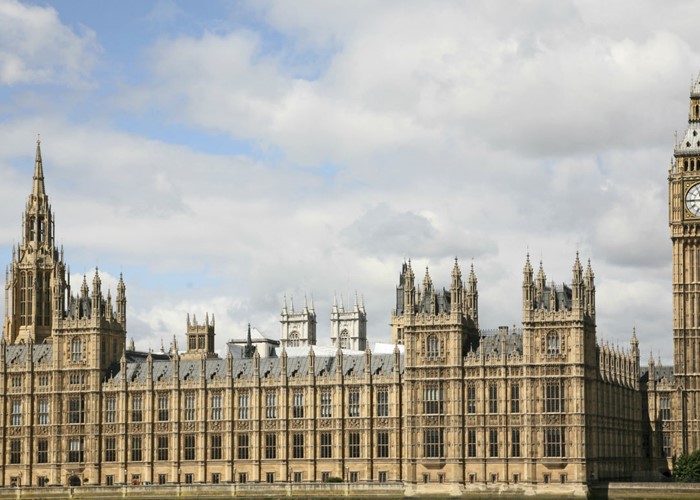Treasury `didn't know' about write-off of £11bn unpaid tax

Almost £11bn of unpaid tax was written off in a single year, seemingly without anyone at the Treasury noticing.
The Treasury has been accused of failing to keep on top of the nation’s accounts, after it admitted it was “surprised” to hear that HM Revenue & Customs had written off almost £11 billion in unpaid taxes.
According to a report by the Commons Public Accounts Committee, the money – which was owed by small businesses – was written off, seemingly without the Treasury noticing.
The revelation came following the committee’s scrutiny of the Whole of Government Accounts (WGA) for 2009-10, the first time that everything the Government spends has been collated into a single report. It was just one of a number of criticisms of the poor grip the Treasury appears to have over the nation’s spending commitments.
Significant spending
And those spending commitments are significant. The report from the all-party group of MPs highlighted that private finance initiatives – the brainchild of the previous Labour administration, which allowed private investment in public organisations like hospitals and school buildings – would cost £131.5 billion in future, while the Government is also liable for £15.7 billion in outstanding clinical negligence claims.
Worryingly, the Treasury did not appear on top of how those bills would be met, according to the MPs.
One of the problems the Treasury evidently faces is the inconsistent quality of information it receives. The report highlighted the example of Academy schools. It described the data supplied by the Academies as “generally poor” and noted five Academies provided no information at all. The Committee urged the Treasury to ensure that it receives transparent, accurate information from such public bodies, or else apply appropriate sanctions.
Hurry up Treasury!
However, one of the most damning indictments of the Treasury in this report covered how long it took for the Treasury to assemble the WGA. The information supplied by the Treasury is already out of date, since it took the department a full 20 months to pull it together. That’s about three times longer than other countries take to prepare consolidated accounts like this.
It’s hard enough to get on top of the many “spend now, pay later” projects already on the go, let alone if you are trying to do so with information that is almost two years old.
More: Would a simpler tax system leave you better off? | Delay to workplace pension scheme confirmed
Comments
Be the first to comment
Do you want to comment on this article? You need to be signed in for this feature